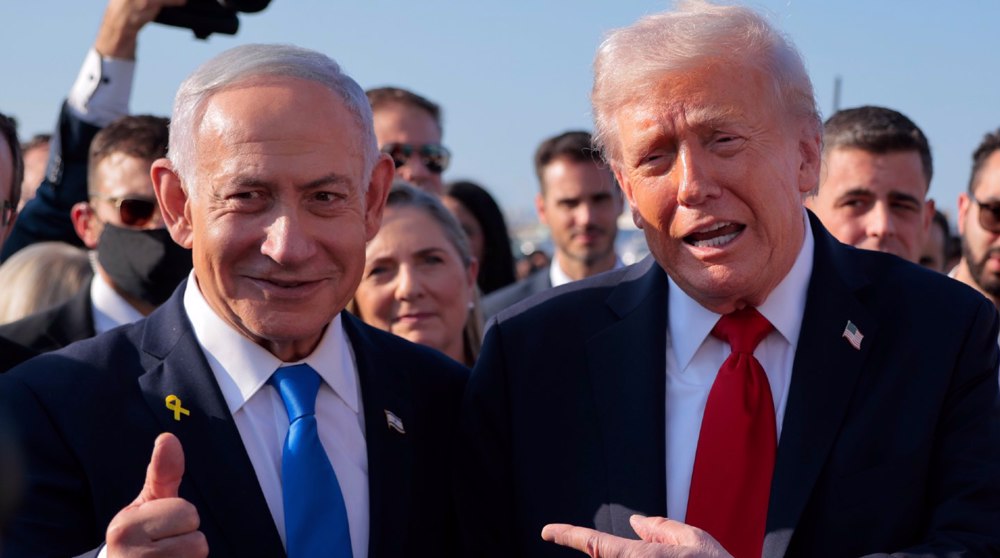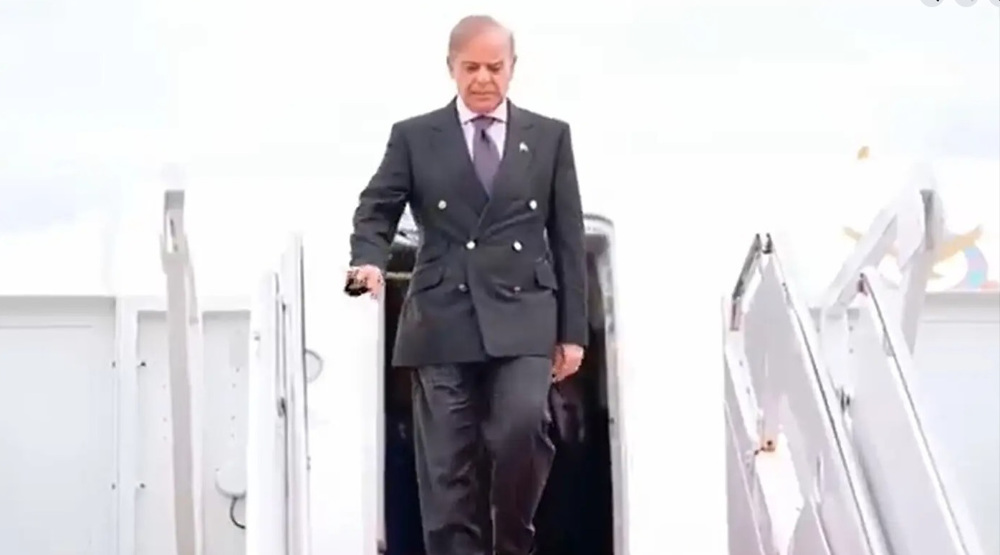US to continue talks with South Korea over missile system
The US administration of President Barack Obama says talks to install a new missile system in South Korea would continue despite calls by China and Russia for the United States to pull back.
Washington and Seoul have begun talks on the possible deployment of the Terminal High Altitude Area Defense (THAAD) system after Pyongyang tested its fourth nuclear bomb on January 6 and conducted missile tests.
The nuclear test and missile launches violate United Nations resolutions against North Korea backed by Russia and China.
American and South Korean officials have expressed concern the North could attempt a fifth nuclear test in a show of strength ahead of its Workers' Party congress, which begins on May 6.
On Friday, the White House said it was still in talks with its close ally South Korea and that the system, if installed, would not threaten other countries.
"Those discussions are ongoing," White House spokesman Josh Earnest told reporters. "That equipment would be oriented toward the threat that is posed by North Korea, not oriented toward China or Russia."
Earnest gave no timing on when talks with South Korea may be concluded but added that "the United States is prepared to invest resources in keeping them safe."
Speaking at a joint press briefing with Russian Foreign Minister Sergei Lavrov on Friday, Chinese Foreign Minister Wang Yi called on the United States to respect "legitimate concerns" of China and Russia over the missile system.
"This move goes beyond the defensive needs of the relevant countries. If it is deployed it will directly impact China's and Russia's respective strategic security," Wang said.
"Not only does it threaten the resolution of the peninsula nuclear issue, it quite possibly could pour oil on the fire of an already tense situation, and even destroy strategic equilibrium on the peninsula."
North Korea's actions should not be used as an excuse to make moves that would escalate tensions, especially the US deployment of an anti-missile system, Lavrov said.
North Korea accuses the US of plotting with regional allies to topple its government.
North and South Korea remain technically at war after their 1950-53 conflict ended in a truce, rather than a treaty.
Russia continues to develop relations with Iran: Kremlin
VIDEO | Friends of Palestine meet at UN in Vienna
Trump’s war-mongering on Iran sparks sharp rebuke from US lawmakers
Top American columnist warns of Netanyahu exploiting Trump for Iran war
VIDEO | Press TV's news headlines
VIDEO | Global leaders discuss AI governance at India summit
People, faith, history, sovereignty: Unpacking Leader's latest speech and warning to Trump
US troops block Lebanese forces after drone downed at shared airbase: Report










 This makes it easy to access the Press TV website
This makes it easy to access the Press TV website